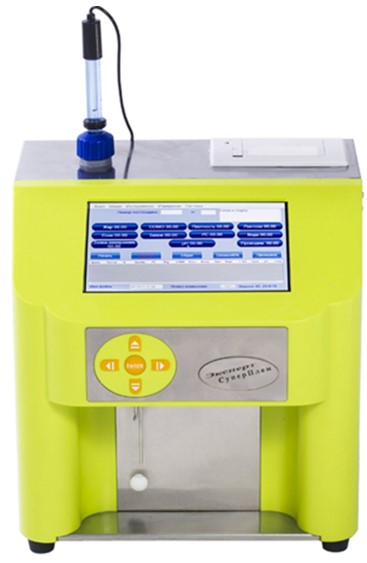Italy wants to ban lab-grown food to protect agri-food heritage

If the proposal is passed by parliament, Italian industry will not be allowed to produce food or feed "from cell cultures or tissues derived from vertebrates," the bill says. Breaking the rules can result in a fine of up to €60,000 ( US $65,022 ).
"Laboratory products, in our opinion, do not guarantee the quality, well-being and protection of our culture, our traditions," said Minister Francesco Lollobrigida, a senior member of Georgia Prime Minister Meloni's right-wing Brothers of Italy party.
Meloni's Nationalist administration pledged to protect Italian food from technological innovations deemed harmful and renamed the Ministry of Agriculture the "Ministry of Agriculture and Food Sovereignty".
Agricultural lobby Coldiretti has praised the action against "synthetic food", saying the ban is necessary to protect home production "from attacks by multinational companies".
The bill provides that factories where violations occur could be closed and manufacturers could lose the right to receive state funding for up to three years.
This initiative has outraged organizations supporting the development of "cellular" agricultural products throughout Europe, as well as animal rights groups.
“Passing such a law would wipe out the economic potential of this emerging area in Italy, holding back scientific progress and efforts to mitigate climate change,” said Alice Ravenscroft, head of policy at the European Food Institute.
Food chain Cellular Agriculture Europe said Italy is limiting options for consumers who are concerned about animal welfare and the environmental impact of their food choices.
The anti-vivisection group LAV called the bill "an ideological, anti-scientific crusade against progress." It states that laboratory meat, which is produced from the cells of living animals, is a good alternative to intensive breeding and slaughter.
The cell meat ban is not Meloni's only initiative to ban unconventional dishes from Italian tables. She said last week that the government is preparing a series of regulations to introduce information labels on products containing or derived from insects, amid debate over the use of cricket meal.
“People should be able to make informed choices,” she tweeted.




























































